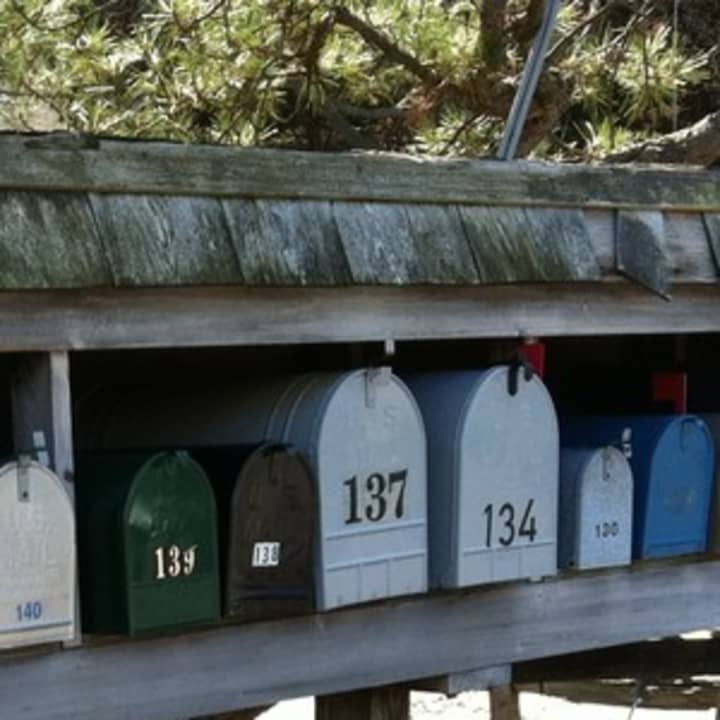The Better Business Bureau (BBB) produced this new study (also attached below) which offers basic tips to avoid being conned. As the saying goes, if it seems to good to be true -- it probably is.
Sweepstakes, lottery and prize scams are among the most serious and pervasive frauds operating today, according to the BBB.
While the scams’ roots go as far back in the culture as gambling, the fraud continues to evolve with the times -- and now include social media.
A common scheme involves scammers telling people they have won a large amount of money in a lottery or sweepstakes, sometimes by misusing the established name of Publishers Clearing House Sweepstakes. Victims send money, purportedly for taxes or other costs that must be paid before receiving a prize. Unfortunately, these "winners" never receive the promised prizes.
Nearly 500,000 people have reported this fraud to law enforcement agencies in the U.S. and Canada over the last three years with reported losses of $117 million last year alone.
The actual number of victims and losses is likely much larger, as many victims are too embarrassed to report it, the BBB said.
In 2017, 2,820 individuals reported sweepstakes and lottery scams to the Better Business Bureau's Scam Tracker, an online tool for tracking scams, with a median loss of $500. The most frequent method of payment was wire transfer.
BBB found these frauds concentrate disproportionately on older people, who suffer the largest losses by far. A vast worldwide industry of sweepstakes mailings specifically targets older victims. Major law enforcement efforts are focused on millions of deceptive mailings that have flooded mailboxes of senior citizens nationwide. In addition to money loss, victims often are emotionally devastated when they realize they have been defrauded: Some have resorted to suicide.
Sweepstakes frauds involve different actors, and the methods used to contact victims have evolved from direct mail to cold calling to social media.
BBB discovered Jamaica is a major source of “cold calls” to victims who are told they have won money. Similar calls come from Costa Rica.
The FBI’s Internet Crime Complaint Center (IC3) says about one-third of the complaints it receives about sweepstakes/lottery fraud occur over social media. BBB receives many complaints from victims contacted through Facebook.
Some fraudsters contact victims on their phones, using text messages or pop-ups on the phone browser claiming people have won large gift cards or new smartphones. The goal of this type of fraud is to gather information to sell to other scammers, and to get people enrolled in “free trial offers.”
Another group of con artists contacts victims by mail, telling them they have won a large sum of money but first need to send a small amount, typically $20, to receive their winnings.
Mail also is used to tell people that they have won and need to call a number to learn more about their winnings. These letters may include counterfeit checks that will supposedly cover the “fees.”
Lotteries are illegal in the U.S. unless authorized by law. Sweepstakes, on the other hand, do not require any payment to obtain a prize. They mainly are regulated by state law. That’s why most sweepstakes specifically state “no purchase required.” One of the largest sweepstakes operating is Publishers Clearing House, where there is no required cost to participate. Any program that requests or receives money to award a prize, for any reason, will be considered a lottery, and therefore is illegal.
BBB suggests those who think they may have won a lottery or sweepstakes do a quick internet search before proceeding. Some fraud can be avoided by strengthening the privacy settings on social media platforms such as Facebook.
A copy of the BBB sweepstakes scam study is attached below, or can be accessed by clicking here.
See AttachmentClick here to follow Daily Voice Scarsdale and receive free news updates.



